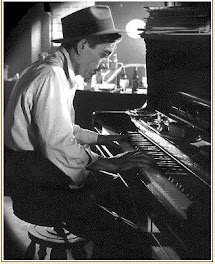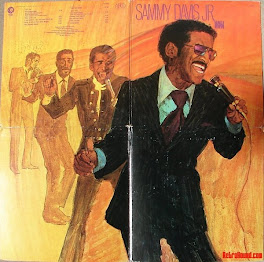You haven't gotten the whole story. During this waiting time, maybe 25 minutes in, a very personable young woman with a clipboard, after attending to a score of others south of the aisle, made her way to me over the three ranks of chairs where I sat, and asked if she had managed to talk with me yet.
I was prepared, having seen her 'work the room' up to then, and explained clearly my simple problem: how to use the online system designed to prevent people from having to queue up in the local offices like this one, like I was doing now. I left out anything that sounded remotely snide.
She was sympathetic, but pointed out, there's nothing I can do from here.
I went back to looking at the screen, and as my number was near to being called, I stuffed Sartre into my book satchel, zipped it, and prepared for what seemed to be the need for a modest dash to the proper window before the potency of my queue number deliquesced.
My turn, Window 8. The lady there was girded like any pro to deal with what happened to come her professional way. I threw her off-balance.
I was hoping to get you! I chirped.
She locked her chin a bit closer down to her clavicle and pretended to finish-off some prior business on her computer screen before she asked how she might help.
I detailed cleanly and quickly my problem -- really a simple one, I underscored. She had an answer oh-so-ready. You'll have to call the national number.
Ah, but I have done, and it, too, could offer no access -- is this a systems problem, then?
Her distant frown emphatically denied knowledge of any, and told me to keep on trying.
I nodded and then asked her an allied question about how to change my email with the Agency.
She denied even the possibility that there was any email contact whatever between the Agency and any individual at any time, and began to explain how The Privacy Act interlocked with government programs.
I nodded and raised the question of what I must have been smoking at the time that the Agency screen seemed to show an email I may have inadvertently and irrelevantly given at the time of my online contact. She began to smile strangely, but at that point we both heard very raised voices coming from another window south of the aisle.
You'll have to come back, someone was saying to someone else.
The other voice muttered something in a growl.
You'll have to come back, the first voice insisted again
Fuck you!
My window lady had her head turned in that direction. I whispered to her, I used to work in a public office. She said, Security should have stopped all that, but he's just standing there.
Our business was almost at an end, but I decided to play my trump card.
I used to work for SSA.
She perked up, now connecting up why in blazes I had been able to use, earlier in the conversation, the term 'T bens'. Up here? She asked, now with true interest.
Mostly at Bay Area Regional, in Richmond.
We chatted shop talk for another few minutes, but by the time I left, it was as though we had worked in the same unit, desk-to-desk, for a dozen years. No. As though we had served, unit-to-unit, in the same theater of war.
So familiar we had become so quickly, that when I told her my stint of service, she dubbed me a 'pioneer', and when I told her I left with my retirement, she came close to 'high-fiving' me.
Sometime soon, she intimated, and to signal her intended exit, she scuttled the fingers of her left hand across the counter as if they were departing feet.
I actually did get up -- her time-per-conversation being measured for efficiency -- I went to shake her hand. She seemed almost giddy, our talk a sun-break in her very cloudy workday. She responded with a jazz riff of a handshake, fingers thrumming the inside of my palm.
This wasn't 'business' -- this was homecoming and fond departure.
Good talking with you, I said.
Remember to call that number, she chuckled.
.





















































